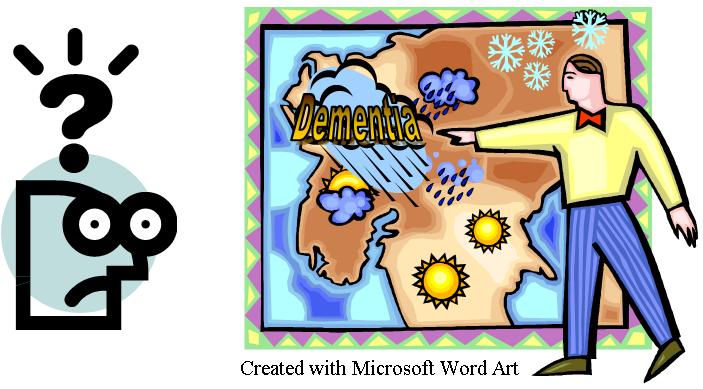By Charles Foster
Three years ago Ana Mejia bore a son, Bryan Santana. To her surprise he had no arms and only one leg. I should have been warned about this, she recently told a Florida court. It was negligent not to warn me. Had I been warned, I would have had an abortion. She asked the court for $9 million compensation. The jury gave her $4.5 million.
The disability rights lobby is predictably outraged. Why, they say, should it be presumed (as it clearly is), that a disabled person’s life isn’t worth living?
If that is Ana Mejia’s presumption, then (at least in relation to a child as relatively mildly disabled as Bryan) it is plainly reprehensible. I don’t know her motivation, but I doubt that she saw it that way. Many parents in her situation (and this is a very common issue in medico-legal practice) don’t make their decisions on the basis of their child’s quality of life at all. A much commoner thought is: ‘A disabled child will disrupt my own life. One of the purposes of pre-natal screening is to enable me to decline to bring into the world a child who does not fit with my ideas about how I should be living my life.’ I will call this thought the ‘pre-natal screening default thought’ (PNSD).Read More »Is a child a blessing?

